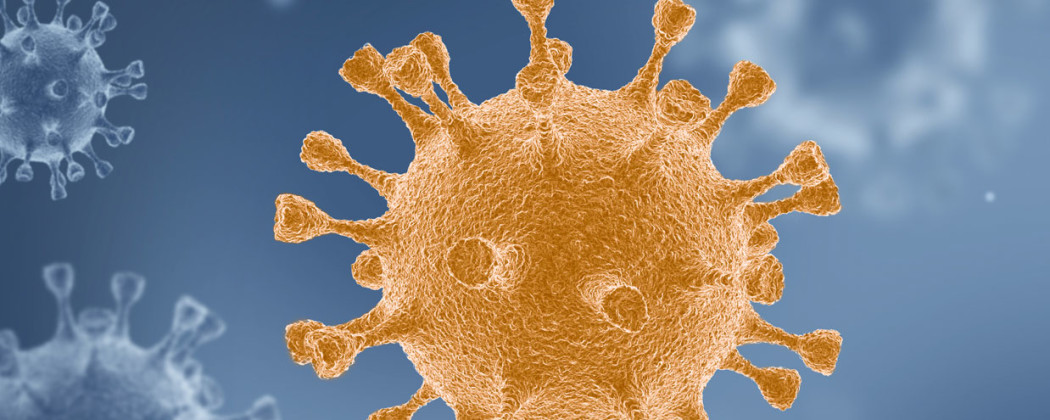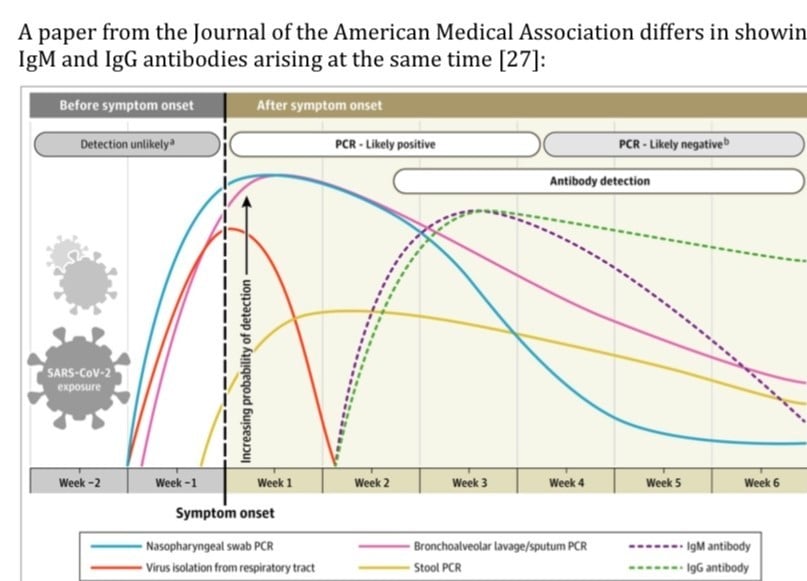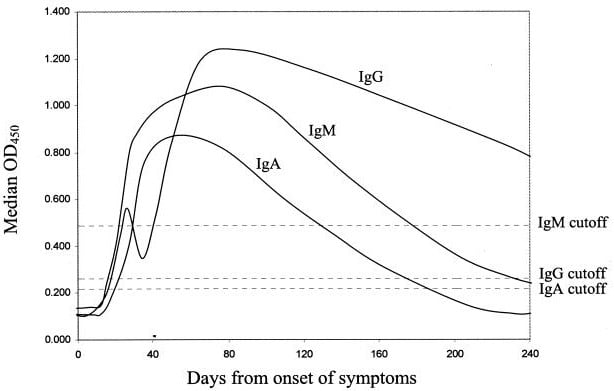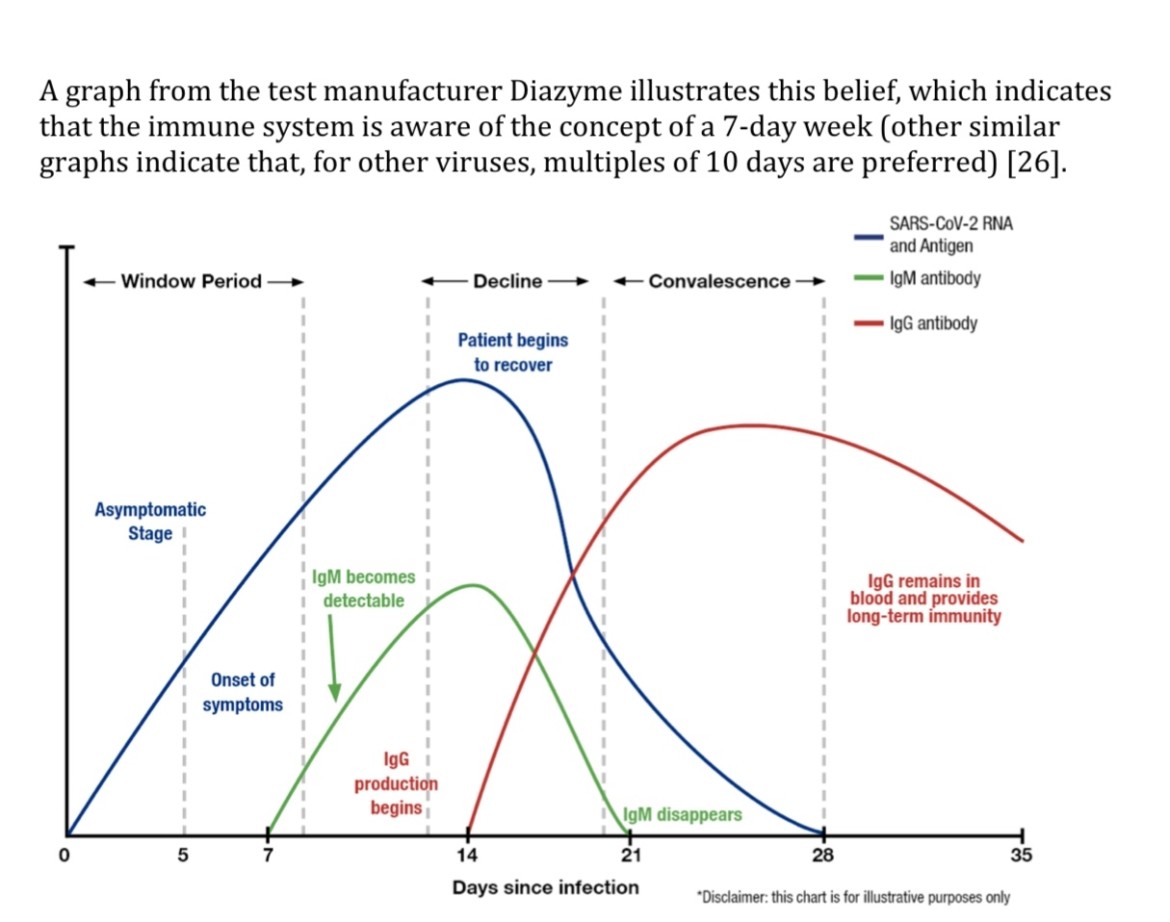Crucial professions in vital processes
Explanation results Corona Covid-19 laboratory test for antibodies
When are which covid-19 tests possible? When can you see which antibodies?
seroconversion covid-19 antibody test
EUROIMMUN Anti-SARS-CoV-2-ELISA
US RIVM approves EUROIMMUN IgG antibody test





Desiree
at Nov 24, 2020Ellen van Gijsel
at 29 Mar 2021Freyer
at 26 Mar 2021Jos van Putten
at 24 Oct 2020Joke
at Oct 25, 2020hugo
at 26 Oct 2020Freyer
at 26 Mar 2021Janne
at 24 Feb 2021Marjan
at 29 Oct 2020hugo
at 26 Oct 2020Marjan
at 29 Oct 2020Hanneke
at 27 Jan 2021